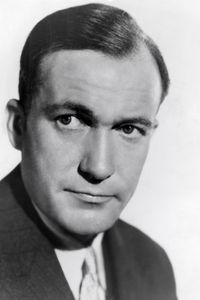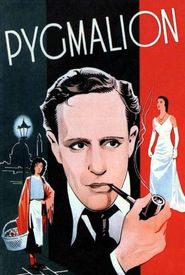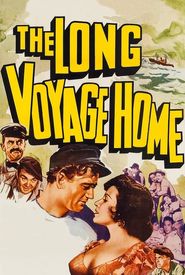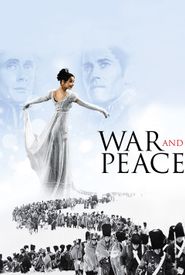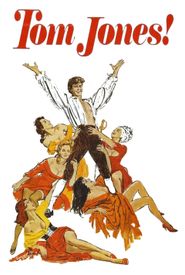Wilfrid Lawson, born Wilfrid Worsnop, was a scene-stealing actor with a lugubrious countenance. He made his stage debut at the age of 16 in "Trilby" at the Pier Pavilion in Brighton.
Lawson served as a pilot in the Royal Air Force during the final months of World War I before resuming his theatrical career. He became a well-established character player by the end of the decade.
He went on to perform at the West End in "Sweeney Todd" in 1928, followed by "Pygmalion" and "Major Barbara" at the Prince's Theatre in Bristol. Lawson appeared infrequently in films from 1931, but it wasn't until starring in the Edgar Wallace crime caper "The Terror" in 1938 that he was considered for leading roles.
That same year, he recreated his part of Alfred Doolittle in "Pygmalion" for Gabriel Pascal's popular film version, attracting the attention of Hollywood. After a brief sojourn in America, Lawson returned to Britain and was cast in the titular role of the Technicolor biopic "The Great Mr. Handel" in 1942.
Lawson then reverted to form, playing eccentric or maniacal character parts in which he truly excelled. However, he was plagued by severe bouts of alcoholism for most of his remaining life, which affected his work. Despite this, he rarely forgot his lines and turned in several memorable performances towards the end of his career.
He was known as 'the king of the dramatic pause' and had the unique ability to function reasonably well while under the influence. Lawson made a triumphant return to the stage in August Strindberg's "The Father" and then in Joseph Losey's 1954 production of "The Wooden Dish".
On screen, he is fondly remembered as the unhinged lighthouse keeper Rolfe Kristan in "Tower of Terror" (1941); as the bearded, slouch-hatted Black George Seagrim in "Tom Jones" (1963),and as the hilariously pixillated, decrepit butler Peacock in "The Wrong Box" (1966).
